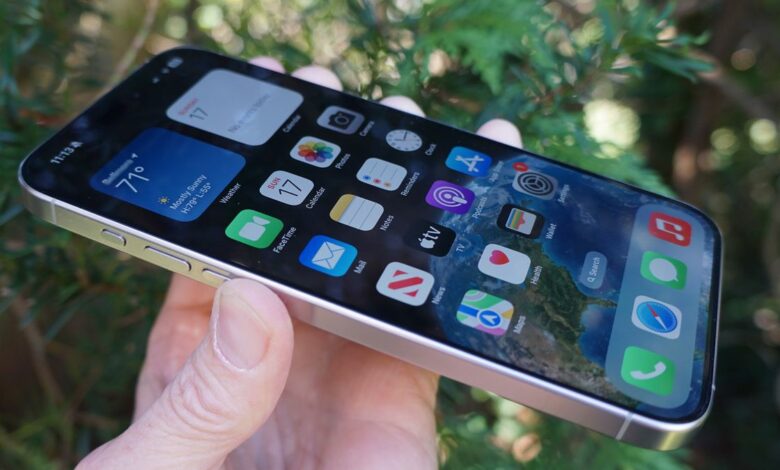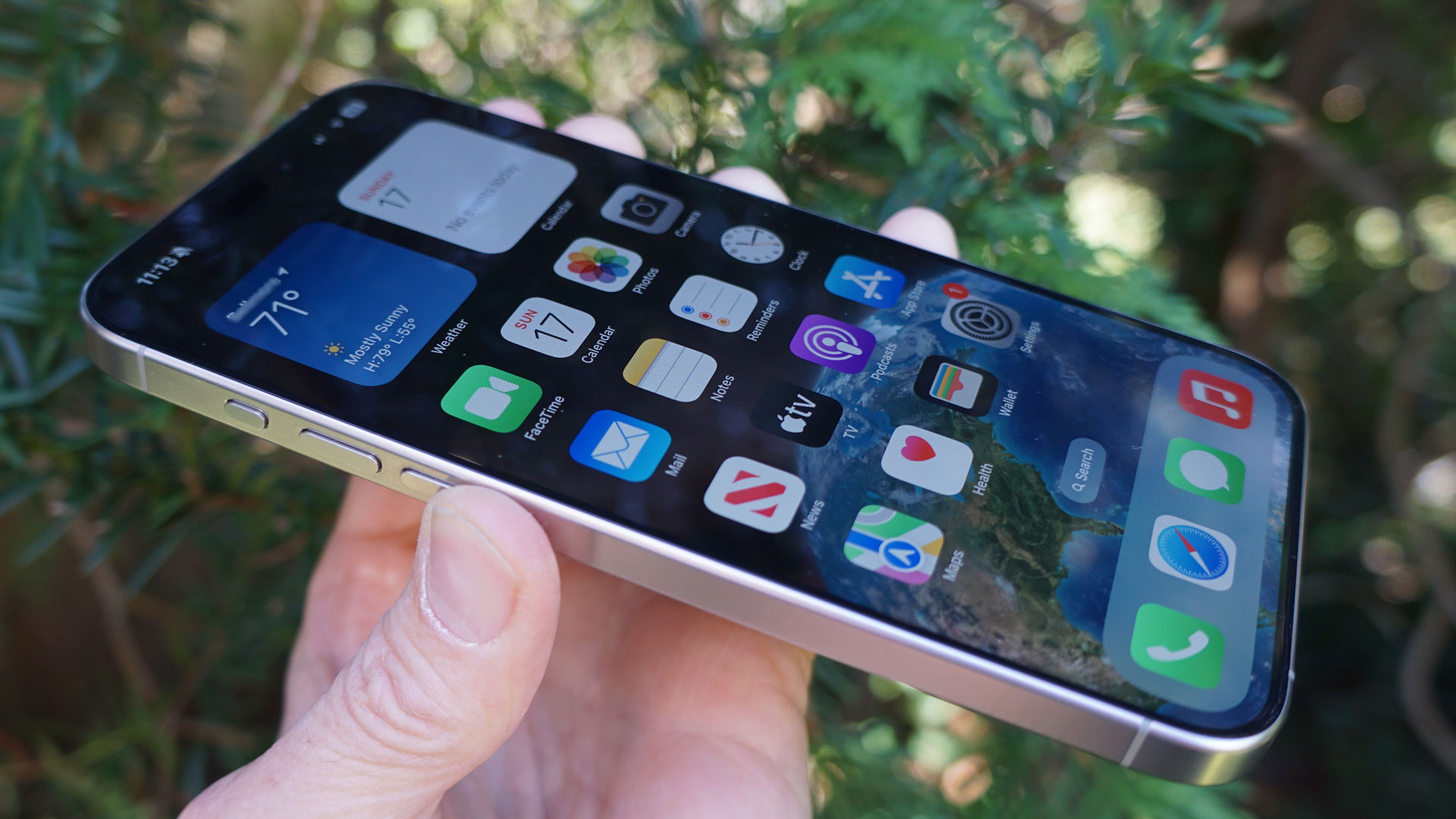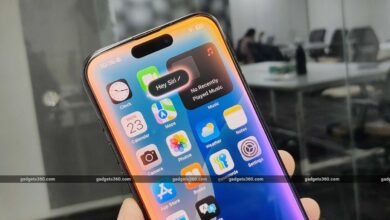Is Apple Intelligence Reason Enough to Upgrade to an iPhone 16?


What makes an iPhone an upgrade? It could be a groundbreaking design change, like going from flat to curved bezels or the introduction of Face ID. More likely, it’s a photography feature, like getting a proper telephoto lens or when Portrait mode first arrived, transforming each new iPhone 7 Plus into a virtual pro camera.
Sometimes it’s not the features alone that inspire an upgrade – it’s the FOMO. I know everyone who saw my Portrait Mode images of that iPhone 7 Plus was so stunned that they looked dismissively at their likely iPhone 4s or 5s and almost immediately began researching trade-in options and costs for that new device.
On the eve of the Apple iPhone 16 event (“It’s Glowtime!”) I read The latest Bloomberg newsletter from Mark Gurman, which discusses the hopes of some smartphone industry watchers that Apple Intelligence will kick off a super cycle of upgrades. Gurman doesn’t believe that will happen, and I’m inclined to agree — mostly.
The problem with AI, like most people outside of tech, is that it’s both a behemoth that can do everything and a black box that serves no apparent purpose in their daily lives. Consumers are undoubtedly intrigued and overwhelmed by the potential of these generative tools. They marvel at videos created by OpenAI’s Sora and how Google Gemini, ChatGPT and Copilot can answer questions and summarize large chunks of text.
Some people need these things, but most average consumers and the many millions of iPhone owners are probably wondering what they can do with these new tools. What’s the purpose of a Genmoji? Do I really have to keep removing Aunt Mable from every photo with Apple Intelligence’s magic eraser? Is the iPhone 16’s Siri better because it makes the entire iPhone screen glow instead of just a little bubble at the bottom?
We need a killer app
As consumers wonder whether it’s time to trade in the iPhone 15, iPhone 14 or iPhone 13, consider whether there’s something being unveiled as part of Apple Intelligence next week that will be the killer app.
Like many new tools Apple introduces at the platform level, Apple Intelligence will simply arrive with new phones, much like Apple Journal and Shortcuts once did. In my opinion, those two tools are not widely used and have not been upgraded.
Apple Intelligence, however, is different. It’s more ubiquitous, living in Siri, Messages, all kinds of writing, imaging, image creation, and more. Not all of that will be included with iPhone 16 phones when they arrive in a few weeks (they’ll all run iOS 18 and, I’m guessing, Apple Silicon capable of supporting Apple Intelligence).
The lack of full Apple Intelligence integration early on may dampen enthusiasm for upgrades, if that’s the reason people are choosing to do so.
Putting the old out to pasture
More likely, though, the tsunami of iPhone 16 upgrades will be driven by vibrations more deeply rooted in long-term use of Apple’s well-built, long-supported handsets. There are still people out there using iPhone 11 phones (there may even be iPhone 7 or iPhone 8 handsets in their pockets and hands). As platform and app support winds down on some of these aging models, people will be looking to the next big thing.
However, if they were holding on to their old iPhone because they couldn’t afford the latest and greatest, they might look for price cuts on, say, the iPhone 14 or 15, or maybe even the iPhone SE. This assumes Apple will continue to sell one or two older models.
It’s worth remembering, however, that older models don’t support Apple Intelligence. Only the iPhone 15 Pro and 15 Pro Max, and the powerful A17 Pro chip, support Apple’s version of AI. In other words, if you want Apple Intelligence, you’ll have to splurge and opt for a supposed iPhone 16 option.
I like what I see in Apple Intelligence and applaud Apple for finally getting into the generative AI game. It doesn’t matter that it’s late, because the Cupertino tech giant has such a dominant position in the market and is a cultural touchstone for the tech zeitgeist. By putting Apple Intelligence in so many new phones at once, it will likely create its own momentum.
iPhone 16 owners’ messages about their experiences with Apple Intelligence to the interested and indifferent public will either cause FOMO (fear of missing out) and trigger a more aggressive upgrade cycle, or fall on deaf ears as most people still think AI is for someone else.
The lack of Apple Intelligence probably isn’t a reason on its own to upgrade to the iPhone 16 – at least not yet.




